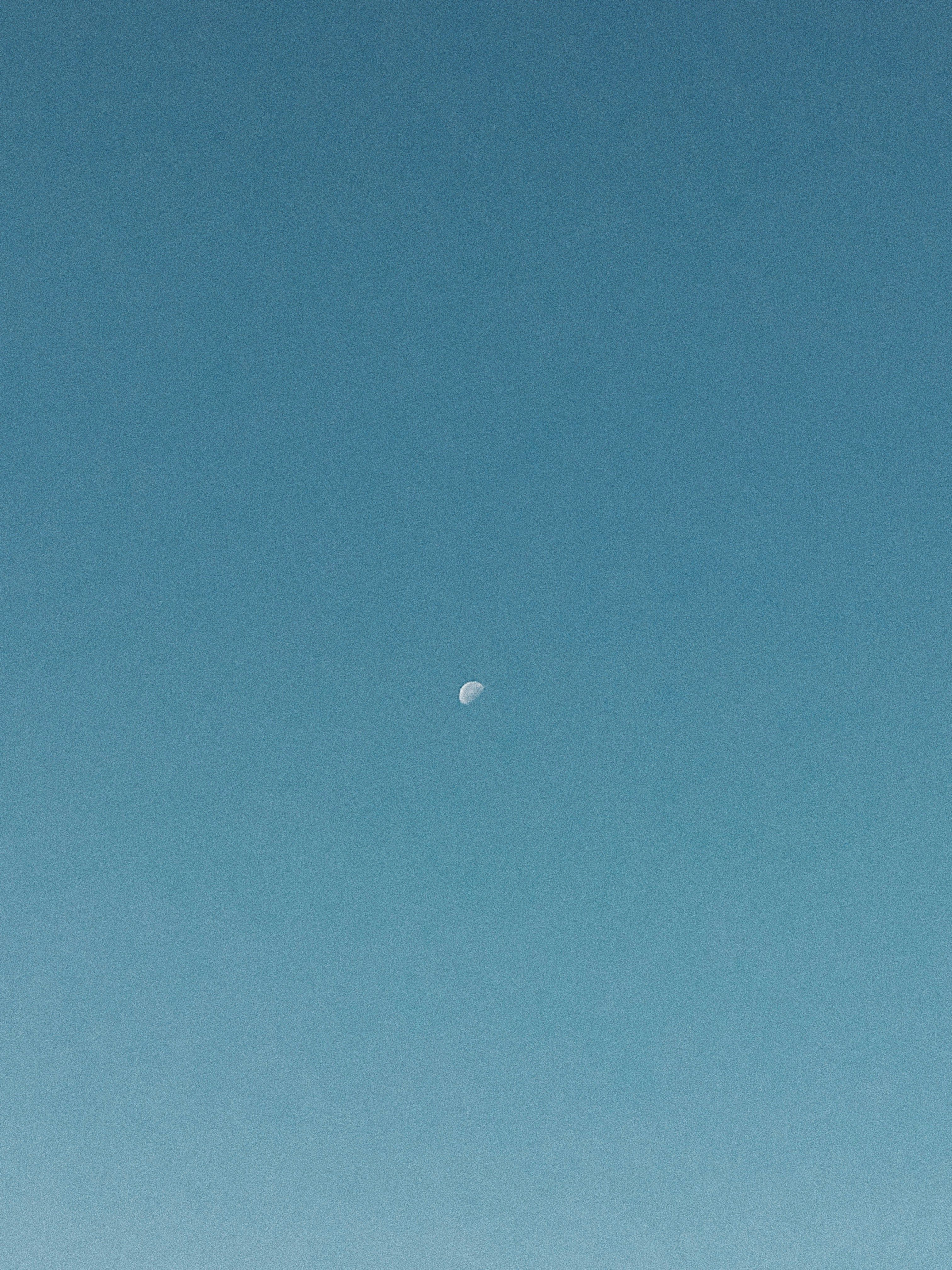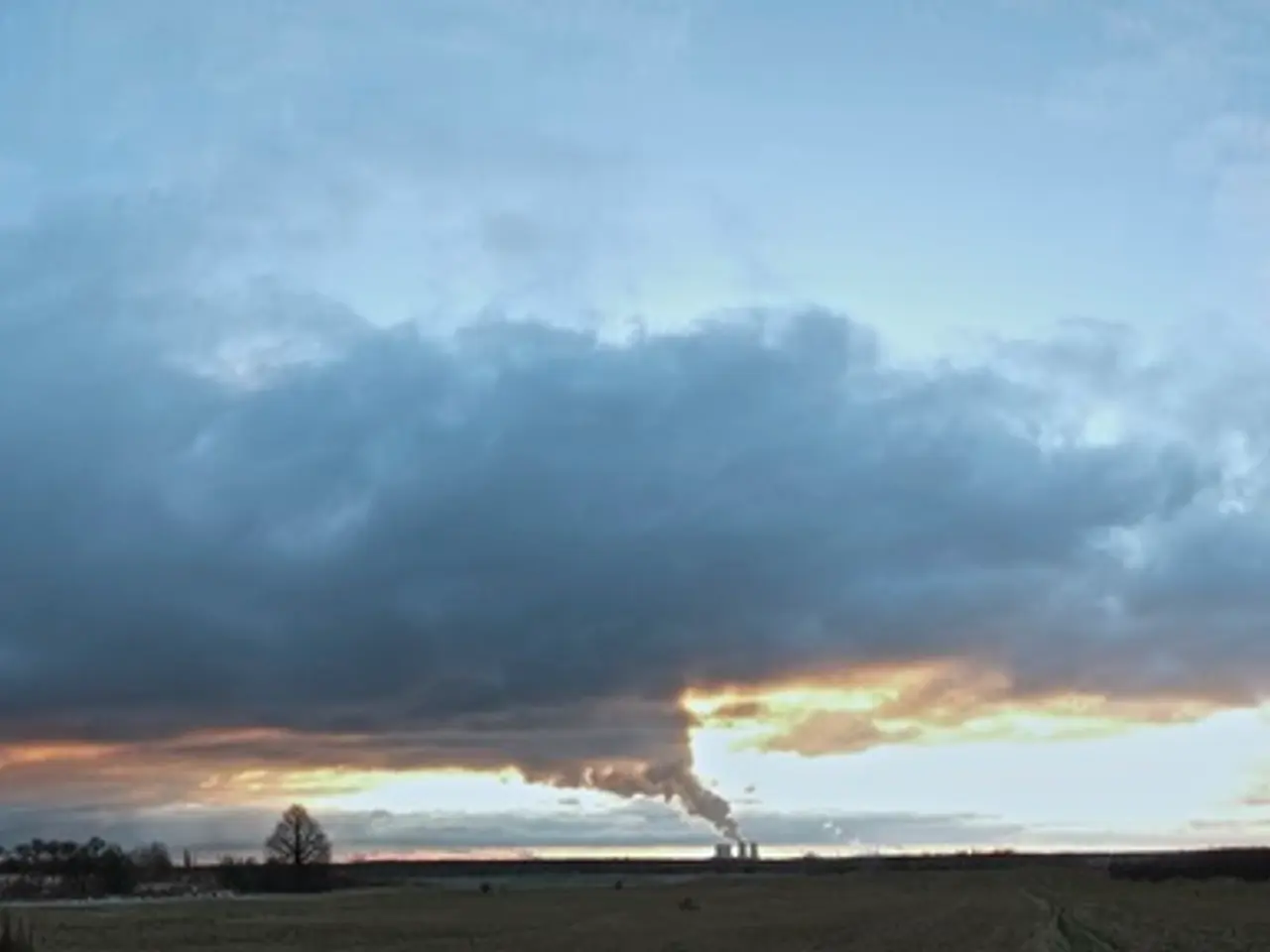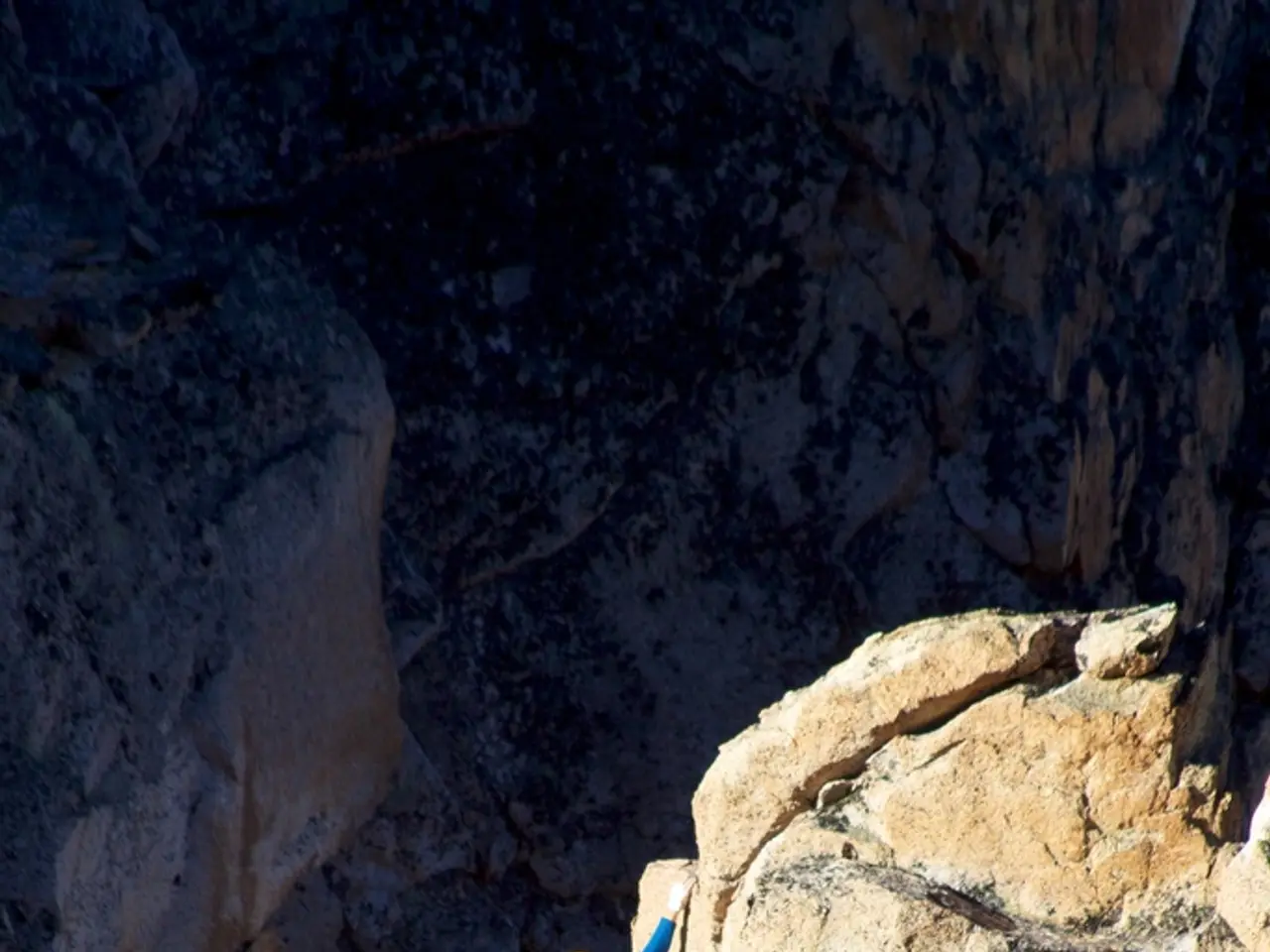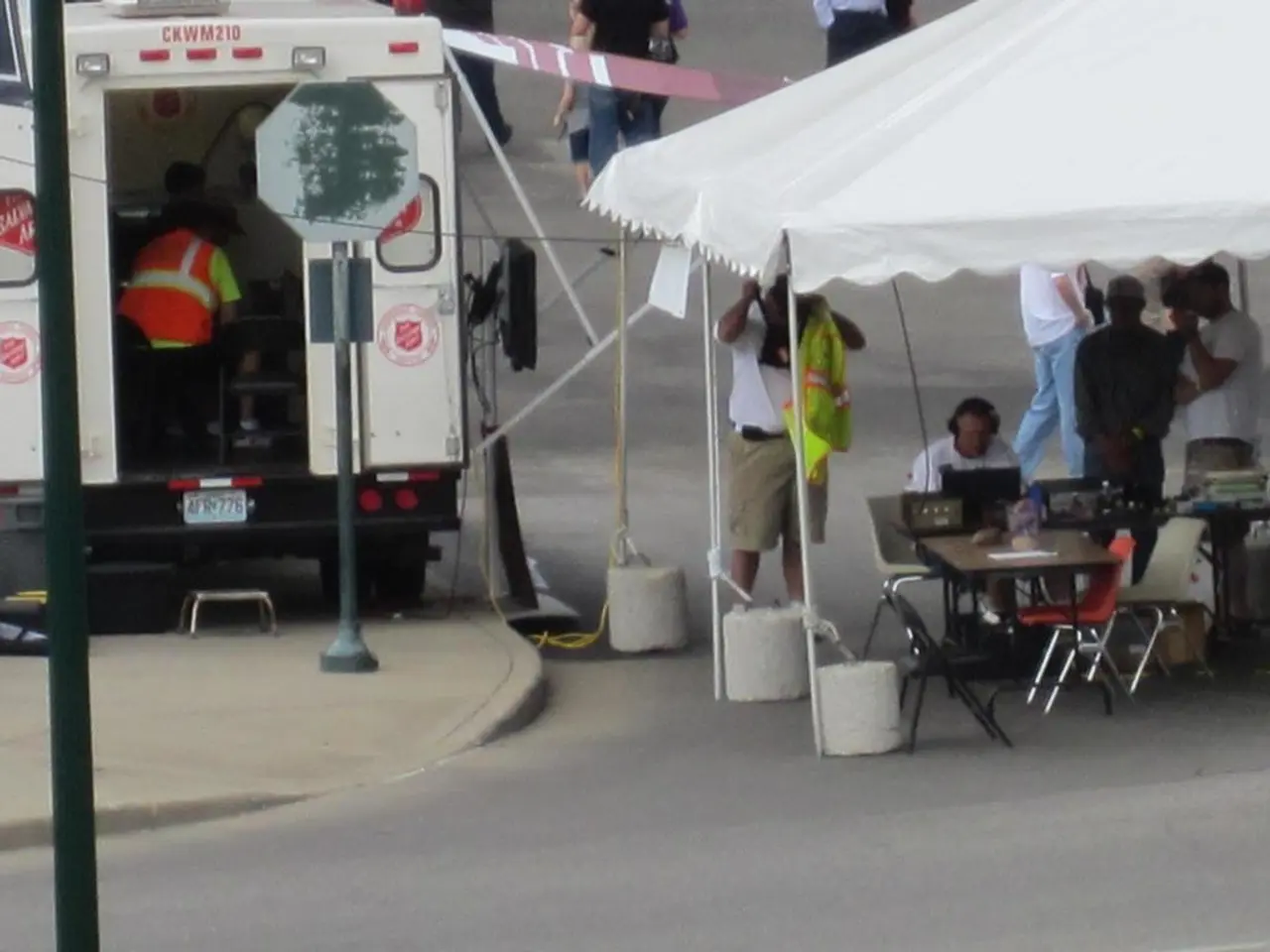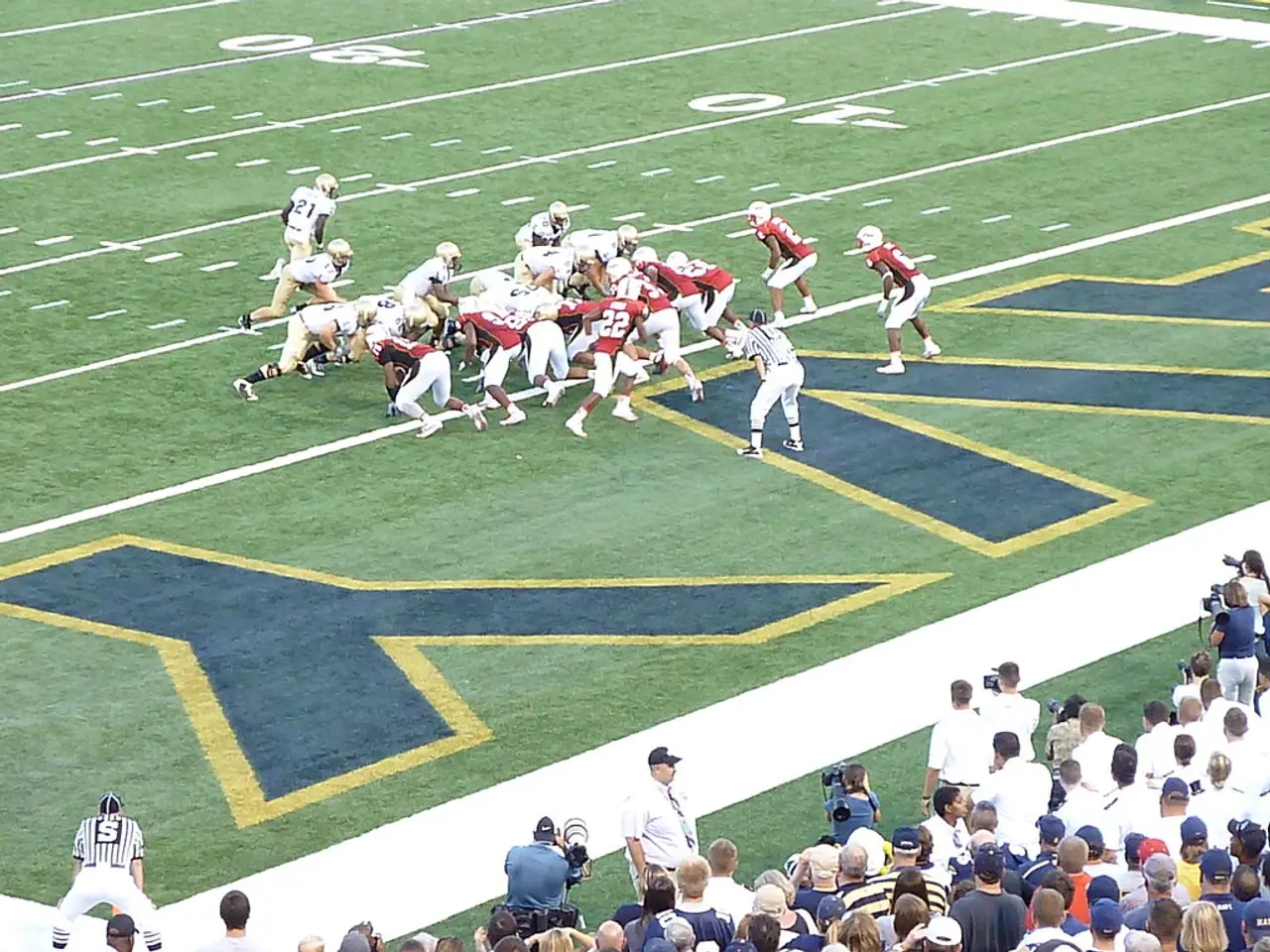Week displaying favorable developments for Jacob Zuma
Jacob Zuma's triumphant week
Former President Jacob Zuma is grinning ear to ear in his Nkandla refuge these days, following a series of electoral victories in KwaZulu-Natal. His Umkhonto weSizwe Party (MK Party) recently dethroned his ANC adversary in iSithebe, shortly after capturing a ward from the DA in Durban. Geographically, iSithebe lies north of Mandeni, resting within the sugar-cane and paper-mill hub, along the N2 near the Tugela River mouth. The MK Party secured a remarkable 42% of votes, with the ANC plummeting from 66% in 2021 to 27%, while the Inkatha Freedom Party (IFP) surged from 13% to a robust 30%. Just last month, the MK Party claimed victory in Mount Moriah Sunningdale, edging out the incumbent DA by a small margin.
The MK Party's surge in popularity can be attributed to several factors:
- Disenchantment with ANC Performance: The African National Congress (ANC) grapples with criticism for its subpar service delivery, rampant corruption, and questionable leadership choices[1][2].
- Jacob Zuma's Influence: Zuma's magnetic personality and perceived position as a victim of the Ramaphosa administration strike a chord with many voters. His emphasis on black economic empowerment finds eager supporters in KwaZulu-Natal[1][4].
- Impact of Government of National Unity (GNU): The ANC's collaboration with the Democratic Alliance within the GNU fosters a perception among some as striking an alliance with an ideological adversary[1][4].
- Strategic Voting: In certain regions, the ANC and DA's inability to present a unified candidate has benefited the MK Party. This has fueled discussions among opposition parties to streamline their approach against the MK Party's expanding influence[4].
These victories hint at a transforming political landscape in KwaZulu-Natal, as the MK Party vigorously challenges the ANC's long-held dominance in the region. So, keep an eye on the developments to come, as the political battle in KwaZulu-Natal promises to be both fascinating and fiercely competitive.
The MK Party's recent electoral victories, such as in iSithebe and Mount Moriah Sunningdale, have narrowly mounted the pressure on the African National Congress (ANC) in KwaZulu-Natal. This surge in popularity for the MK Party has been fueled by disenchantment with the ANC's performance, Jacob Zuma's influence, the impact of the Government of National Unity (GNU), and strategic voting in certain regions. As a result, the political landscape in KwaZulu-Natal is in a state of change, with the MK Party challenging the ANC's long-standing dominance. General news and political analysts will be closely monitoring further developments in this intensifying battle for power. War-and-conflicts, policy-and-legislation, and other broader social issues may also be impacted by these changes in the regional politics.
